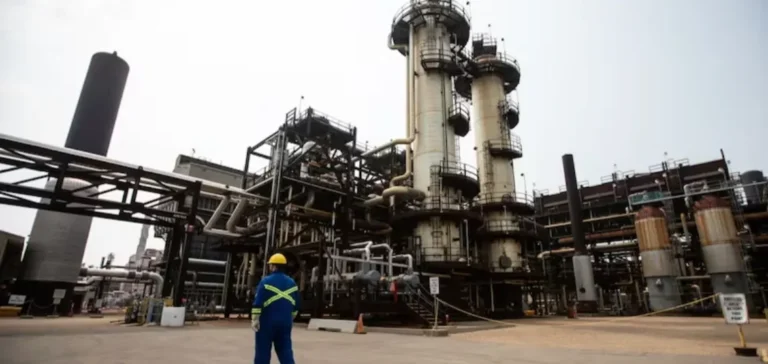The Government of Canada announced an investment of $1.83 mn to support the development of direct air CO2 capture technology by Ottawa-based TerraFixing. The funding comes from the Energy Innovation Program (EIP), administered by Natural Resources Canada. The announcement was made by Yasir Naqvi, Parliamentary Secretary to the Minister of International Trade and to the Secretary of State for International Development, on behalf of Minister of Energy and Natural Resources Tim Hodgson.
Compact CO2 capture unit
The project aims to develop a system capable of capturing 1,000 tonnes of CO2 per year, designed to operate in cold climates. The equipment would use structured zeolite packing, a porous mineral, to trap CO2 while reducing pressure drop and improving mass transfer. The stated goal is to fit the entire installation into a shipping container and achieve a cost below $100 per tonne of CO2 at large scale.
Support under the EIP
This funding is part of the EIP’s “Carbon Capture, Utilization and Storage Research, Development and Demonstration” (CCUS RD&D) call for proposals. The federal programme supports next-generation capture technologies as well as CO2 transport and storage solutions, aiming to reduce costs and optimise performance. Since Budget 2021, $233.2 mn has been committed over seven years to this programme.
Expected impact on production and employment
According to TerraFixing, EIP support has enabled the construction of a state-of-the-art laboratory, the doubling of staff, and the development of manufacturing intellectual property, currently transitioning to a pilot production line. The company plans to strengthen Canada’s supply chain independence from the United States and create hundreds of skilled jobs.
In parallel, the 2024 federal budget provides, by 2034–35, $67.9 bn in tax credits for strategic investments, including a dedicated CCUS sector credit, to support industrialisation and competitiveness of these technologies.






















